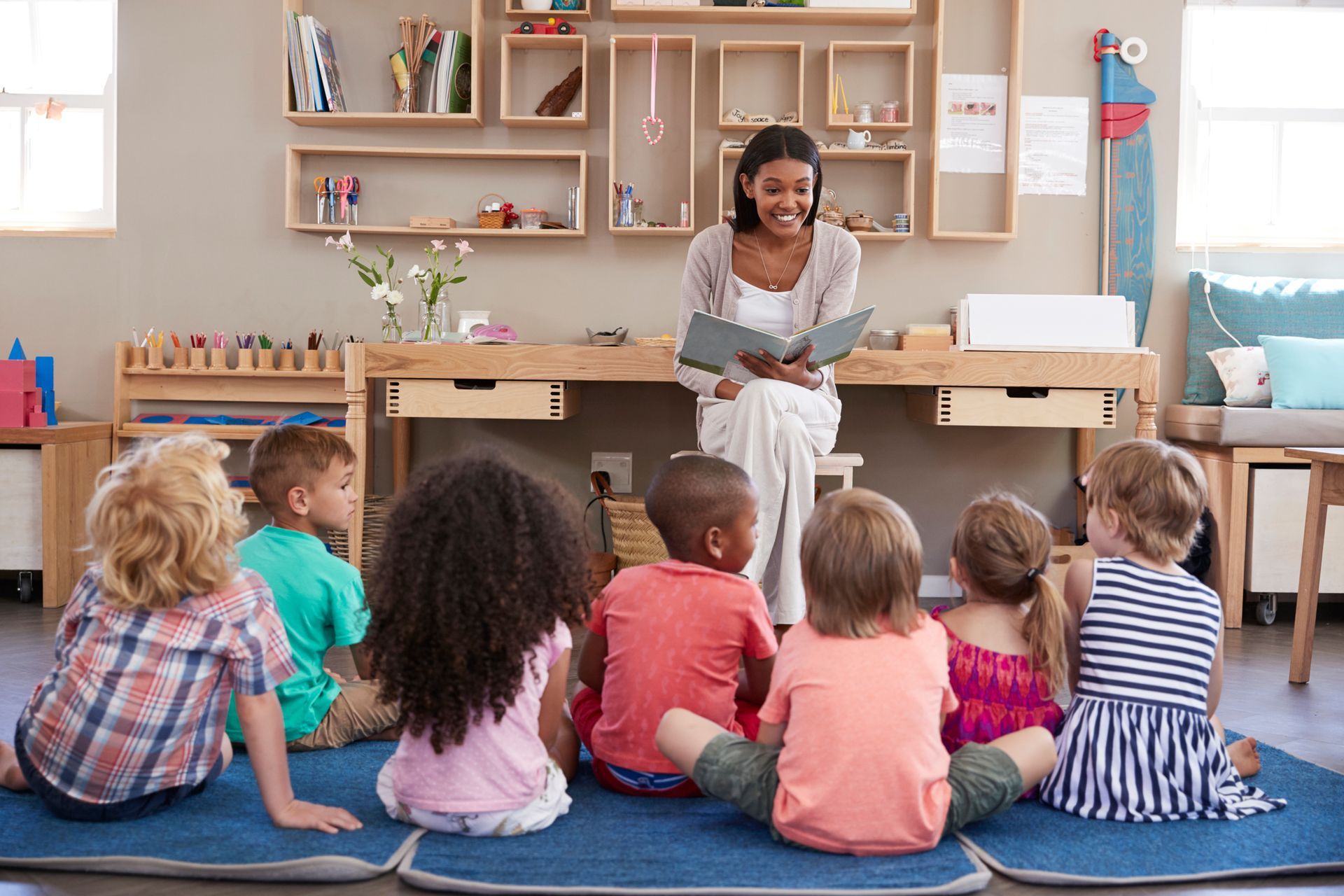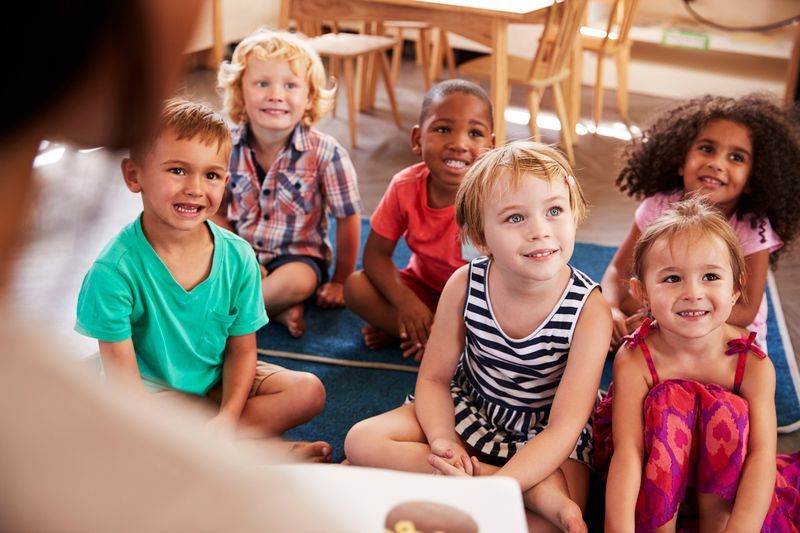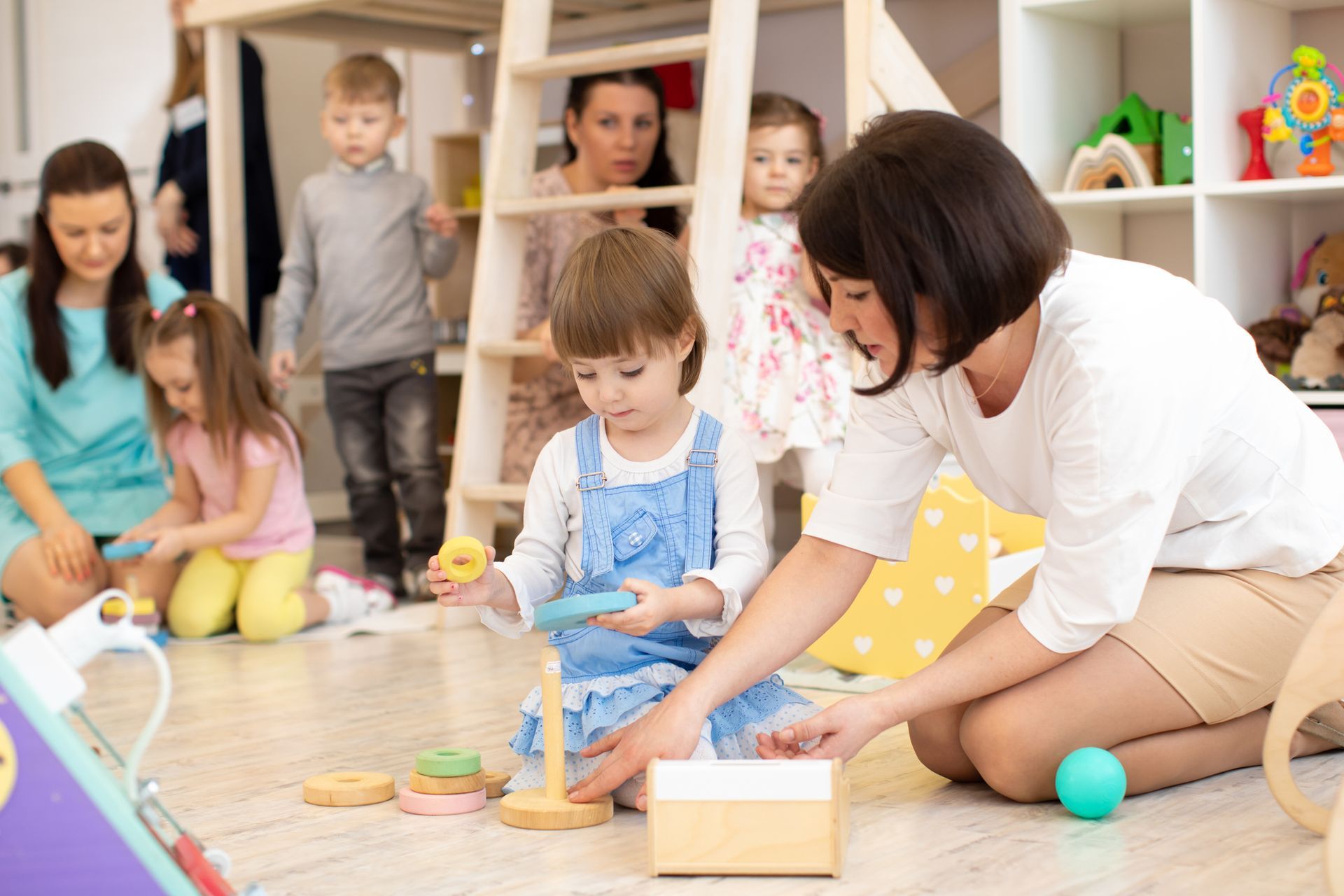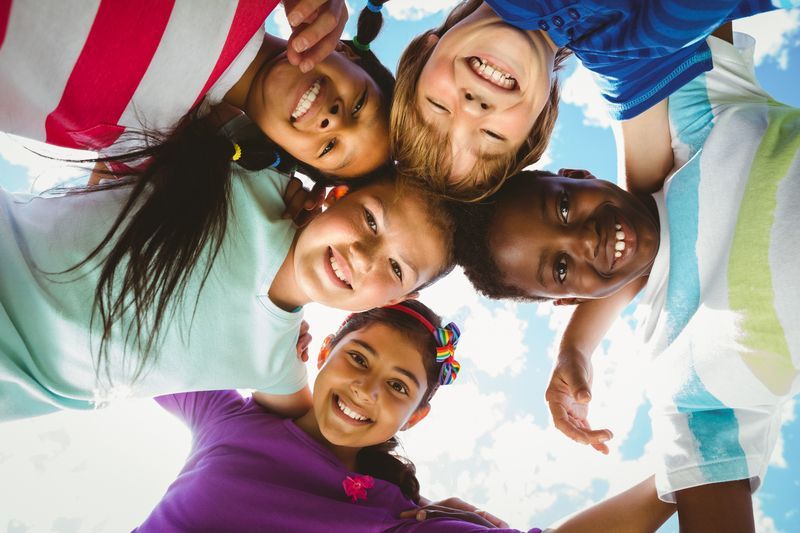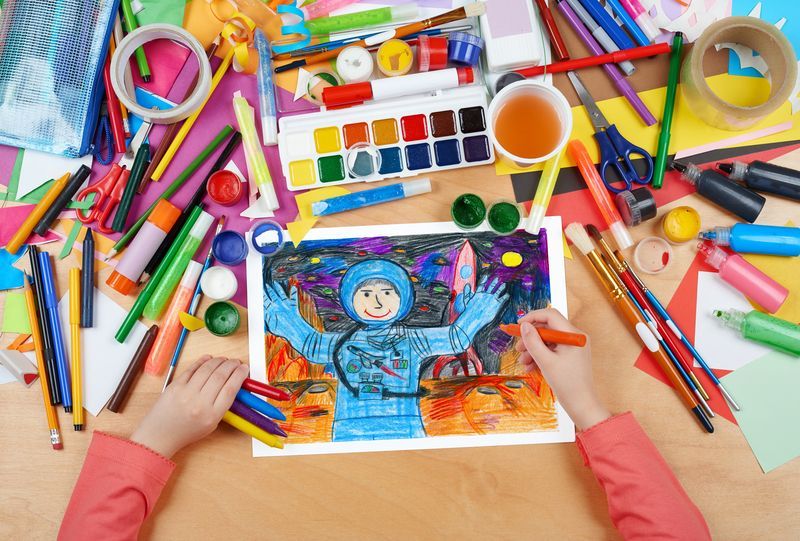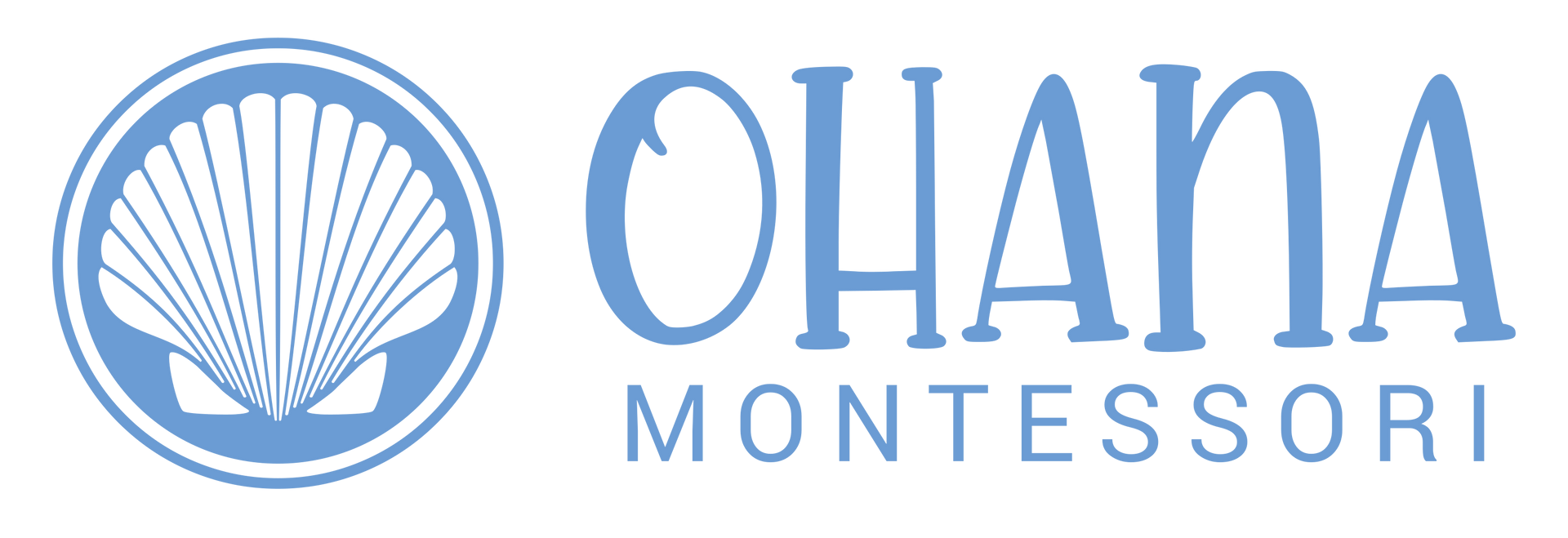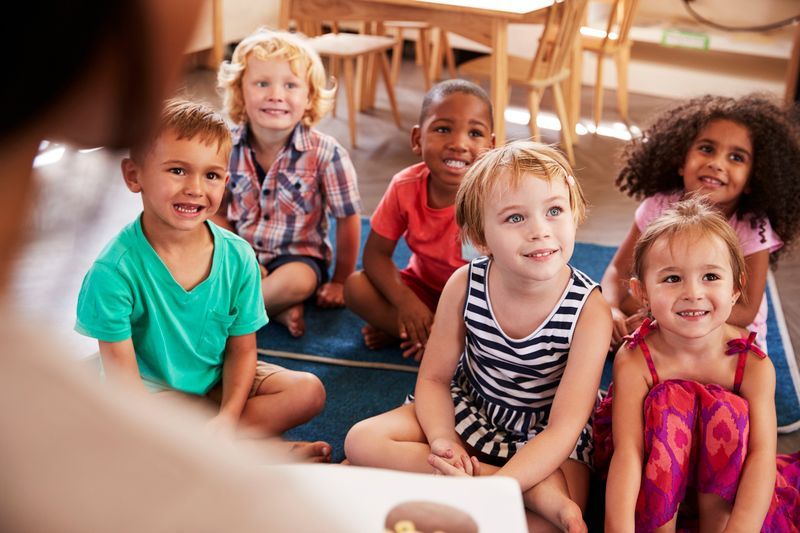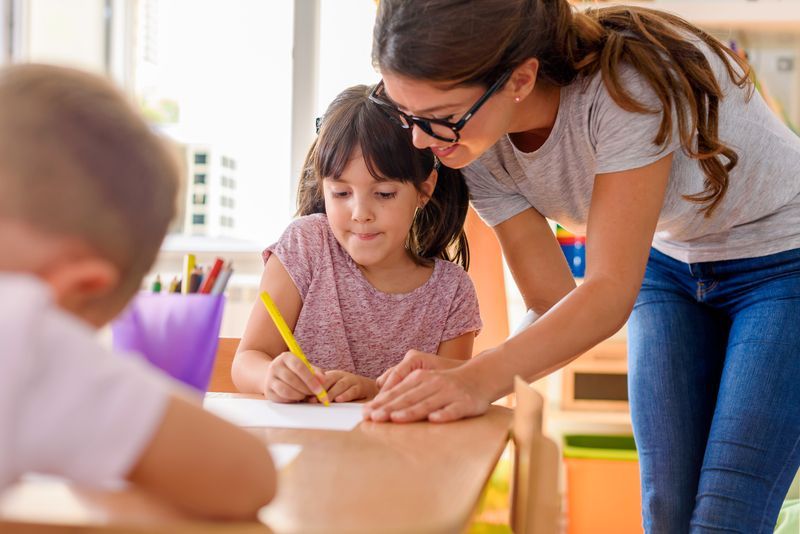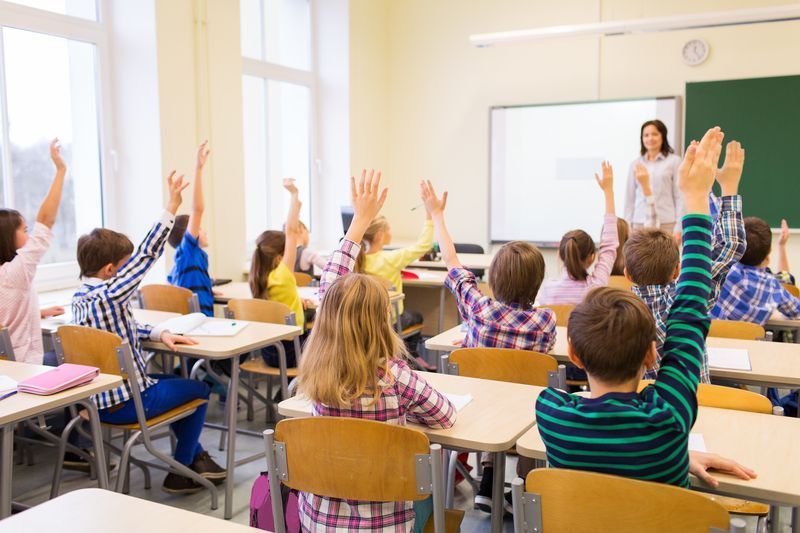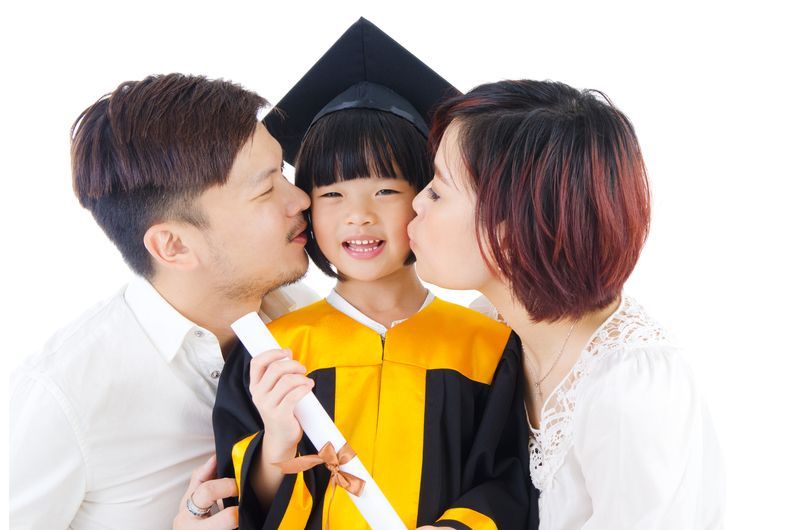Creating a Montessori Space for Growth and Autonomy
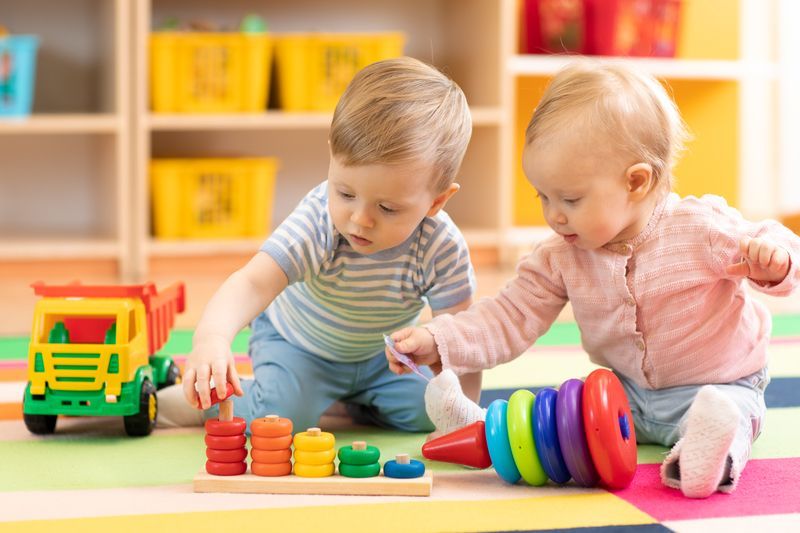
At the heart of Montessori philosophy lies a meticulous environment crafted to stimulate learning and growth. Every detail is considered to promote a child's sense of autonomy. Purposeful design in the classroom offers readily accessible, age-appropriate activities that encourage children to explore independently, fostering their decision-making skills.
The Montessori setting, not just in Santa Ana's communities but globally, underscores the significance of a hands-on learning approach that aligns with the natural development of children, allowing them to learn through tangible experiences. Central to this is the visual and physical calmness of the space; the use of neutral colors and clean lines contributes to a focused and serene environment, devoid of the usual classroom stimuli that can distract a child's attention.
The Role of a Decluttered Setting
In a Montessori classroom, minimalism is more than an aesthetic choice; it's a pedagogical tool. A decluttered space is instrumental in enhancing a child’s concentration and fostering an inner peace conducive to learning. Research points to clutter creating a sensory overload that can lead to stress and anxiety among young learners. In Orange County's bustling surroundings, providing a tranquil learning haven can have profound effects on a child's educational experience. Maintaining an organized classroom is achieved through meticulous planning and continual assessment to ensure every item has a purpose. It's not just about less stuff, but the right stuff that supports an inviting and educative atmosphere.
Accessibility and Child-Centric Design
True to the Montessori method, the environment is tailored to the child's world. Furniture and materials are fashioned to their scale, enabling comfortable and safe exploration. In Santa Ana, where diversity and culture are celebrated, providing a space that is reflective of a child's perspective is crucial. This includes the creation of distinct zones themed for specific activities such as reading, art, or practical life skills, thus propelling a child towards self-reliance and independence. The use of low shelves and open storage solutions are not just design choices but carefully thought-out strategies to make materials accessible and to encourage children to self-direct their learning. Ohana Montessori champions the belief that when a child is provided with a classroom that understands their need for autonomy, their potential for growth is boundless.
Incorporating Natural Elements into Learning Spaces
The infusion of natural elements into the learning environment is more than an aesthetic choice; it's a foundational aspect of a Montessori classroom that connects children to the world around them. Natural light, indoor plants, and furnishings made from wood are used to create a space that calms the senses and promotes a sort of tranquil energy conducive to learning. The utilization of these elements is also linked to improved well-being and enhanced cognitive development in young learners. Additionally, outdoor learning opportunities, such as nature walks and gardening, familiarize children with the rhythms of the natural world, reinforcing their understanding of science, geography, and the beauty of the environment.
Intellectual and Social Development in the Montessori Setting
The Montessori environment plays a critical role in facilitating self-directed learning. It is designed to ignite curiosity and allow children to learn at their own pace. This nurturing setting also fosters social collaboration and respect among peers, as children engage with shared materials and participate in group activities. Within the diverse cultural fabric of Santa Ana, a Montessori classroom can be a microcosm of the community, with cultural and geographical references that enrich the children's understanding of the world. By experiencing a learning environment that mirrors the diversity of their surroundings, children gain a broader perspective and appreciation for different cultures and communities.
Applying Montessori Principles at Home
Translating the Montessori approach to the home allows for consistency in a child's learning experience. Parents can create Montessori-inspired spaces by following a step-by-step guide that emphasizes simplicity, accessibility, and order—an environment that encourages self-sufficiency and learning. The role of the parent is crucial in maintaining this enriched space, serving as guides who support their child’s natural journey of discovery. For those seeking in-depth information on setting up a home in alignment with Montessori principles, authoritative sources like the American Montessori Society provide valuable insights.
Addressing Controversies and Misconceptions
Despite its widespread adoption, the Montessori method is not without its criticisms and misunderstandings. Some misconceptions suggest that it is too structured or too lax. Such myths can be challenged with evidence-based research revealing the positive outcomes associated with Montessori education, which include improved academic performance, creativity, and social skills. Families in Santa Ana and beyond can benefit from understanding the factual basis of these findings through studies that highlight Montessori's effectiveness in child development.
Embark on a journey of learning and growth with Ohana Montessori. Our tailored environments nurture your child's development with the Montessori approach, right here in the heart of Santa Ana, CA. Visit our Contact Us page to discover how we can support your child's educational journey.
